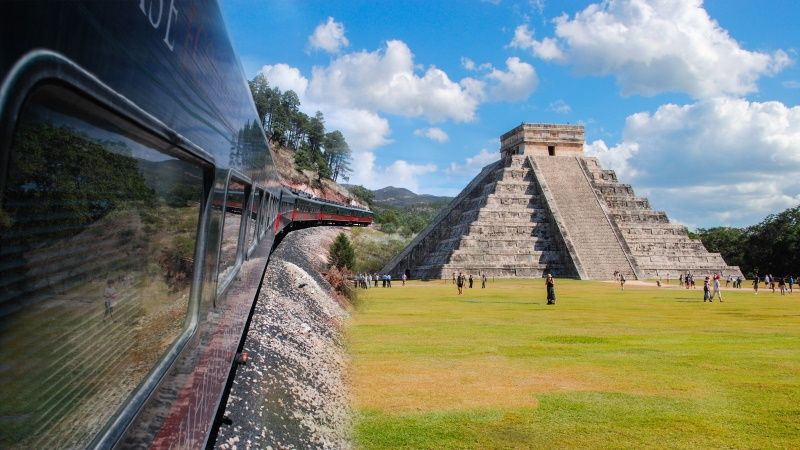The environmental regulations of the Treaty between Mexico, the United States and Canada (USMCA) represent a «persistent challenge» for Mexico, concluded the White House Trade Representation (USTR) in a report.
Among those challenges are sustainable fisheries, highlighting the case of totoaba and vaquita, and the construction of the Tren Maya.
During the second year since the entry into force of the USMCA, the Parties have continued to make progress in implementing the treaty’s environmental obligations.
The United States, using a whole-of-government approach, carried out its environmental monitoring and enforcement mandate under the USMCA Implementation Act (Act); implemented efforts under Section 815 authorities; utilized the trade enforcement tools provided for in the USMCA and the Act; and strengthened its capabilities through the implementation of USMCA supplemental appropriations.
The United States also initiated the first environmental consultations under Article 24.29 of the USMCA to address concerns about the effectiveness of Mexico’s enforcement of environmental laws and compliance with USMCA environmental regulations with respect to illegal fishing, vaquita conservation and protection, and totoaba trafficking.
Environmental regulations
Mexico continued to focus its enforcement efforts on modifying and adopting new legal measures.
However, USTR indicated that despite Mexico’s increasingly robust legal and regulatory framework, effective enforcement of environmental laws and compliance with USMCA environmental obligations present a persistent challenge, especially with respect to commitments related to sustainable fisheries management, marine species conservation, and illegal fishing and wildlife trade.
Treaty obligations
Canada, too, has made progress in its implementation of USMCA environmental obligations, including through significant investments in climate change mitigation and adaptation, ocean conservation, endangered species protection and conservation, and pollution reduction.
Canada has maintained its efforts to protect NARWs and efforts are underway to address coal mining effluents in transboundary waters and tar sands pollution.
The United States will continue to fulfill its monitoring and enforcement mandate, especially with regard to the issue areas highlighted above, and will take strong steps to close gaps in enforcement measures, strengthen ongoing efforts, and cooperate with the governments of Mexico and Canada to strengthen capacity building and compliance efforts with respect to USMCA environmental commitments.
On the Mayan train, USTR said they are following up on legal processes.
«The Mayan Train project is one of the largest projects underway that could have significant implications for Mexico’s commitments in the USMCA related to environmental protection levels and environmental impact assessments,» it said.
![]()

